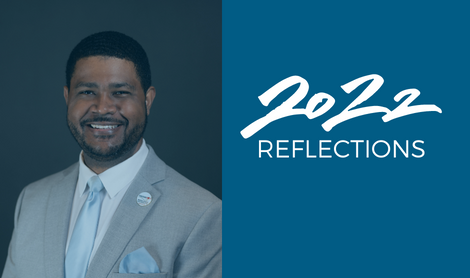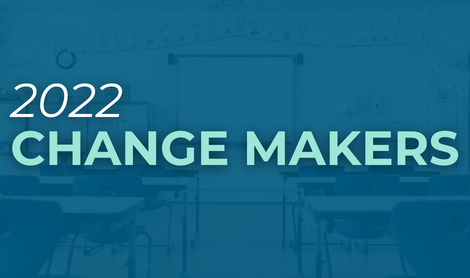NACSA Blog
Press Releases
 |
National Association of Charter School Authorizers Strongly Supports Public Charter School Program ReauthorizationThe National Association of Charter School Authorizers (NACSA) endorses the efforts of Chairman John Kline (R-MN) and Senior Democrat Bobby Scott (D-VA) to reauthorize NCLB (No Child Left Behind) and strongly supports … |
 |
Press Statement on 1/21 US Senate HELP Committee Hearing ESEA Testing and AccountabilityIn response to the U.S. Senate HELP (Health, Education, Labor and Pensions) Committee hearing on testing and accountability, (scheduled for 9:30 am, Wednesday, January 21, 2015), Greg Richmond, President and CEO of … |
 |
Massachusetts Audit Obscures Successful Charter School OutcomesThe audit released today by the Massachusetts State Auditor of the administration of the charter school program by the Board of and Department of Elementary and Secondary Education (BESE and DESE) misses … |
 |
NACSA Launches New Communications EffortThe National Association of Charter School Authorizers is pleased to announce that Jobi Cates has joined the organization as Vice President of Communications. Cates comes to NACSA from Human Rights Watch, where … |
 |
NACSA Applauds Focus on Student Outcomes and Serving At-Risk StudentsThe National Association of Charter School Authorizers (NACSA) welcomed today’s release of the National Alliance for Public Charter School’s (the Alliance) new national report on charter school performance. “The Alliance report offers … |
 |
Innovation After the PandemicAs students and communities emerge from the ravages of a global pandemic, authorizing faces a key challenge: embracing its fundamental role of providing high-quality educational opportunities, while evolving to meet new demands … |
 |
New School ApplicationWhat’s possible today? Who can start new, high-quality, innovative, and equitable schools? Is it possible for community members, talented educators, or the next generation of leaders to start a new school that … |
 |
Third ThursdaysNACSA provides professional development opportunities, online courses, resources, and publications that are specifically designed to help authorizers and other school leaders grow and network. Third Thursdays, an ongoing virtual learning series, is … |
 |
2022 Reflections with KaregaAgency. Acceleration. Autonomy. You couldn’t miss these words, prominently displayed throughout the school. But these were not just words on walls: I saw how students, teachers, and administrators took those beliefs seriously. … |
 |
2022 Change MakersAcross the country, the dual challenges of an ongoing pandemic and racial inequities continue to impact our schools. But educators, school leaders, and authorizers across the country have been working to meet … |
 |
Authorizer Resource: Measuring School Quality in Multiple WaysEvaluating charter school performance to ensure school accountability is at the heart of authorizing. Measuring school quality is multifaceted work. To do it well, authorizers work with schools to set the right … |
 |
NACSA names Brian Graham as Chief Financial OfficerDr. M. Karega Rausch, president and CEO of the National Association of Charter School Authorizers (NACSA), announced today that Brian Graham joins NACSA as chief financial officer. “I am honored to be … |
 |
State of Charter Authorizing ReportAuthorizing is the most consequential public school governance reform of the past two decades. For the last 20+ years, authorizers have been creating a new landscape, where school autonomy—balanced by fierce accountability … |
 |
NACSA’s CSP Guidance for Management OrganizationsAs federal education programming has shifted over the years to be more focused on high-quality outcomes for students, communities desiring a charter school have increasingly turned to already-proven, successful educational models to … |
 |
Higher Education Institutions (HEIs) AuthorizingQuality authorizing can exist within many contexts and structures. One of those contexts is within higher education institutions (HEIs). We examined how and what HEIs contribute to the charter schools’ landscape. This … |